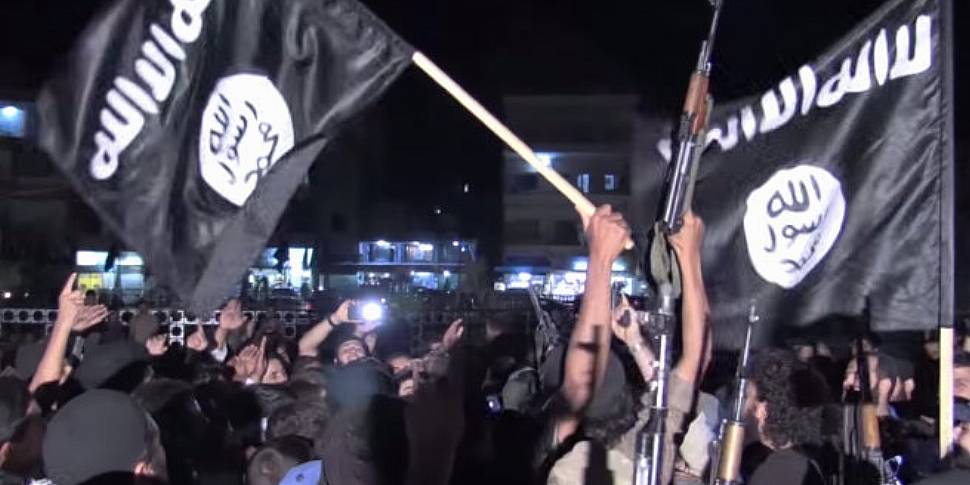Time is running out and pressure is mounting for the Jordanian and Japanese authorities.
The demand from Islamic State militants is the release, within 24 hours, of an Iraqi would-be suicide bomber in exchange for the lives of a Japanese journalist, Kenji Goto, and a Jordanian fighter pilot, Muath al-Kasaesbe.
Bluntly, the Jordanian authorities will now be weighing up the risks of releasing Sajida al Rishawi into the hands of a terrorist group against the reward for doing so.
The risks
1. Releasing a self-confessed terrorist into the hands of a terror group. Sajida al Rishawi confessed to trying to blow up the Radisson SAS hotel in Amman in 2005.
In her televised confession (which she later retracted) she said she hoped to kill as many men, women and children as possible.
Her husband's suicide belt went off. He died along with 36 other victims. Al Rishawi's belt did not go off and she was later arrested.
If she is handed over to IS militants, could she go on to carry out a successful suicide mission?
2. Bowing to terrorists' demands: No government wants to be seen to be bowing to the demands of the Islamic State.
Deals with terrorists embolden them and encourage them to take more people hostage.
The covert payment of ransoms by some governments has only added to Islamic State's wealth, which is already huge thanks to their control of oil assets in Syria and Iraq.
The Jordanian government will be under huge pressure by the Americans and others not to do any deal with Islamic State.
The rewards
1. The hostages survive: If Al Rishawi is released and Islamic State militants stick to the deal (there is no guarantee that they will) then clearly the lives of Kenji Goto and Lt Mu'ath al Kaseasbeh will be saved.
Emotionally, this is an overriding objective.
2. Intelligence: Agencies around the world would be extremely keen to "debrief" the two hostages and learn as much as possible about their captors.
It is thought that they were being held by a man dubbed 'Jihadi John', a Briton who was behind the beheading of a number of other hostages, including Britons David Haines and Allan Henning and Americans Steven Sotloff, James Foley and Peter Kassig.
Despite sustained efforts, he has not been located. Intelligence agencies could glean vital information from the two men.
:: Other options
There are other plausible scenarios which could secure the release of the two men.
Through backchannels in Jordan, a deal could perhaps be struck which would see the release of a number of other alleged Islamist militants who are in Jordanian jails, prisoners who are seen as less of a security risk.
If any deal is done though, the Jordanian and Japanese authorities will need a "proof of life", showing that Mr Goto and Lt al Kaseasbeh are still alive.
In Tuesday's demand, both men were seen only in photographs. Some in Jordan believe that Lt al Kaseasbeh is already dead.









